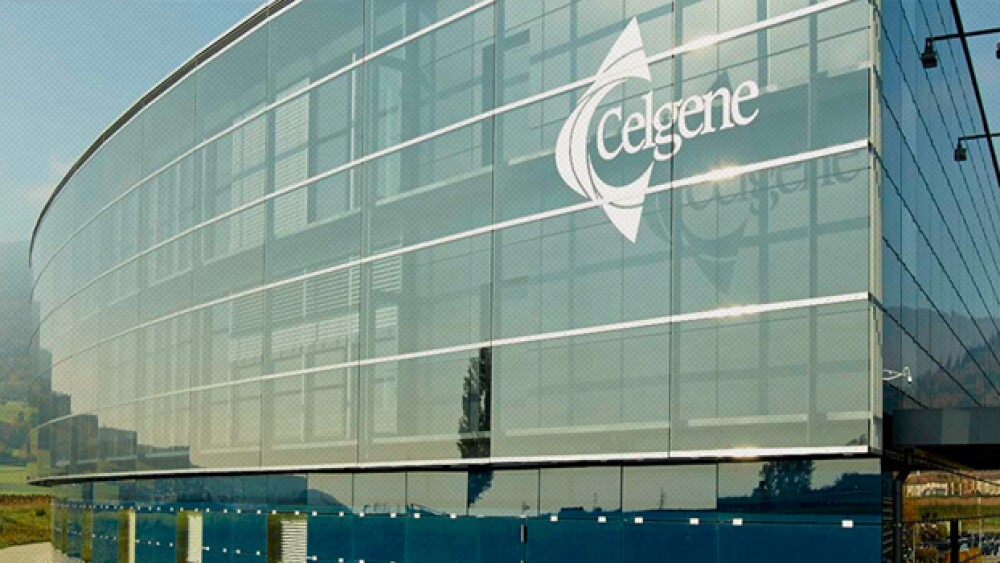Celgene has struck another collaborative deal, even as the large pharmaceutical company is in the process of being folded into the operations of its new owner, Bristol-Myers Squibb. Under terms of the deal, Celgene will pay Triphase $40 million in upfront funding. Celgene can then pay up to an additional $940 million if certain milestones are hit.
Celgene has struck another collaborative deal, even as the large pharmaceutical company is in the process of being folded into the operations of its new owner, Bristol-Myers Squibb.
This morning, privately-owned drug developer Triphase Accelerator, along with its majority shareholder FACIT, announced it had struck a collaborative deal with Celgene. The companies will harness their knowledge and resources to develop a first-in-class preclinical therapeutic targeting the WDR5 protein for the treatment of blood cancers including leukemia. The deal to develop TRPH-395, a novel small molecule inhibitor that disrupts WDR5 protein-protein interactions, could be worth up to nearly $1 billion.
Under terms of the deal, Celgene will pay Triphase $40 million in upfront funding. Celgene can then pay up to an additional $940 million if certain milestones are hit. The deal provides Celgene with an option to acquire RPH-395 from Toronto-based Triphase Accelerator.
According to Triphase, preclinical data for TRPH-395 showed that the compound demonstrated broad anti-proliferative activity across a wide range of cancer cell lines. Blood cancers like leukemia can result when WDR5-associated protein complexes are not appropriately regulated in the body. The WDR5 protein is critical for the formation and activities of certain protein complexes that are associated with DNA and indirectly modify genes. Drug compounds that can disrupt these cancer-causing cellular activities represent a novel therapeutic approach, which may also improve clinical outcomes in patients with solid tumors, Triphase Accelerator said in its statement.
The preclinical work with TRPH-395 was completed by Propellon Therapeutics, in conjunction with researchers at the Ontario Institute for Cancer Research. Propellon was also provided seed funding by FACIT. David O’Neill, president of FACIT, said Propellon was tasked with commercializing the preclinical TRPH-395 and multiple offers came through, with Celgene being the winner.
“The quality of the team and commitment by Triphase Accelerator to engage Ontario researchers and clinical sites in its high content studies, combined with its long-standing relationship with Celgene made this partnership the most compelling path to impact patients and the local economy,” O’Neill said in a statement.
Ilse Treurnicht, executive chairperson of Triphase, noted that the deal with Celgene is a significant milestone for the company. Treurnicht said Triphase is excited about the potential or realizing the vision of advancing the TRPH-395 program toward clinical proof of concept.
Celgene’s head of translational development Jorge DiMartino said the investment into the TRPH-395 program reflects the company’s “commitment to developing first-in-class epigenetic therapies for patients with hematological cancers.”
Since BMS announced it was acquiring Celgene for $74 billion earlier this month, the California-based company has continued to strike collaborative research deals. A little more than 10 days ago, Celgene struck deals with two companies to develop immuno-oncology treatments and cell therapies. Celgene entered into agreements with Boston-based Kyn Therapeutics to develop novel immuno-oncology therapies and also forged a collaborative effort to develop cell therapies that target cancer with Obsidian Therapeutics.





